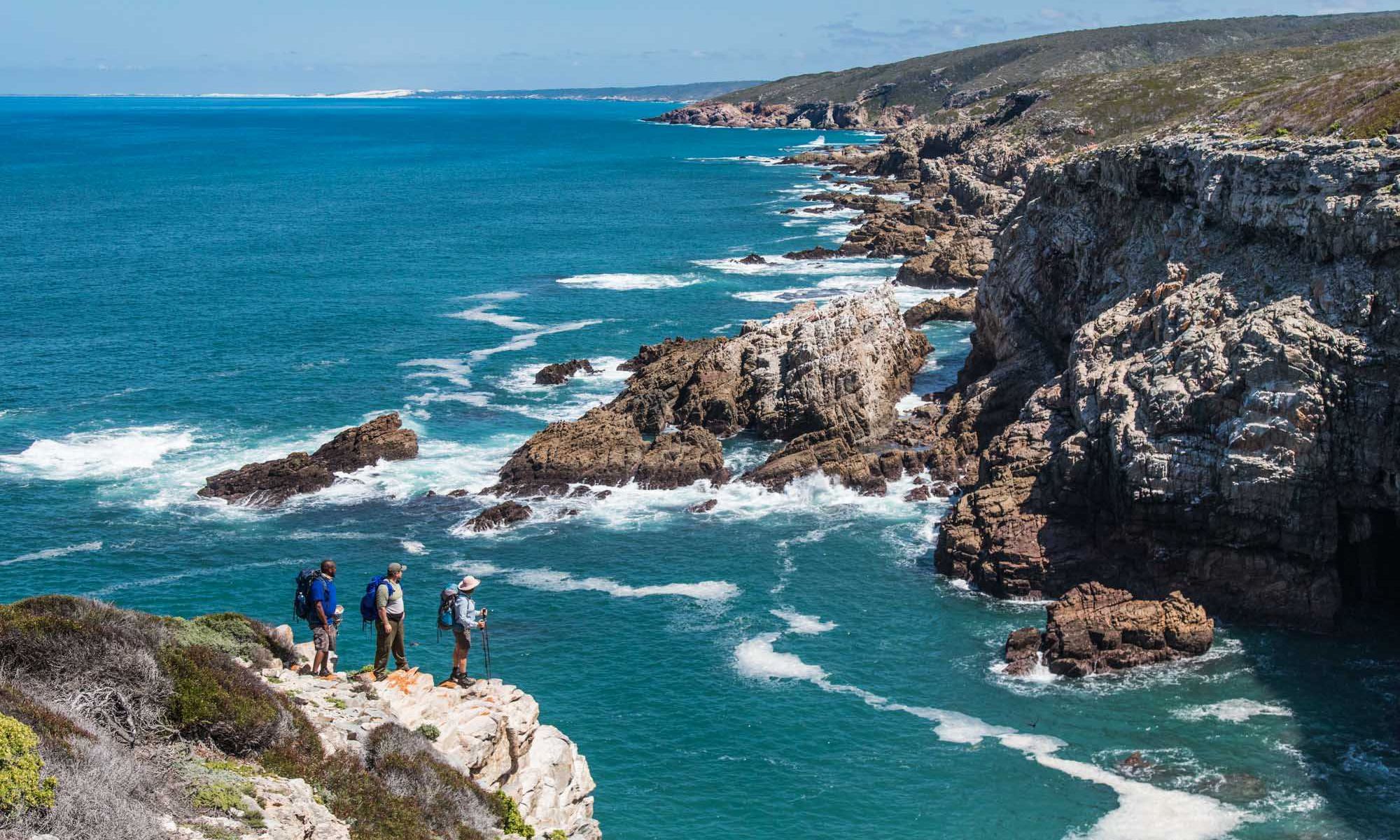
A Call for Responsible Engagement with Cape Fur Seals
CapeNature would like to shed light on a matter of growing concern within the region, especially the areas surrounding Cape Town - human-wildlife interactions, specifically those involving Cape fur seals. While these marine mammals are an integral part of our coastal ecosystem, the increase in human activities and tourism in areas in which Cape fur seals frequent has raised significant issues that demand our attention.
The picturesque shores of Cape Town have become a popular destination for both locals and tourists seeking an encounter with Cape fur seals, which are the most accessible of our marine mammals. However, it is crucial to recognise that these interactions, when not approached responsibly, can have severe consequences for both humans and seals. Activities such as petting may disturb their natural behaviour and expose individuals to potential dangers, including bites and scratches. Even in instances where a seal pup is found on a beach, people should avoid interacting with the animal, but should rather contact competent authorities who are trained and equipped to rescue and care for such animals.
Moreover, feeding or luring seals for entertainment purposes can lead to dependency on human-provided food, disrupting their natural hunting instincts and nutritional balance. CapeNature would like to emphasise that these actions are not only harmful to the seals but may also constitute a criminal offense. Engaging in activities such as petting, feeding, luring, or any form of abuse of seals for the aforementioned purposes is strictly prohibited and can result in legal consequences.
To foster harmonious coexistence between humans and Cape fur seals, we encourage the public to practice responsible wildlife viewing. Admiring these incredible creatures from a safe distance ensures the well-being of both parties and contributes to the preservation of our unique coastal environment.
If everyone communicates this message we would make great strides in promoting responsible human-wildlife interactions. By raising awareness about the potential consequences of irresponsible activities, we can collectively contribute to the conservation of Cape fur seals and maintain the ecological balance of our cherished coastal ecosystem.
The following contacts can be used for incidents involving seals within the Cape Metropolitan Area.
Complaints regarding stranded seals or seal pups can be directed to:
- 0839408143 (Gregg Oelofse; City of Cape Town);
- 0829408937 (Arne Purves; City of Cape Town); or
- the City of Cape Town’s emergency number at 107.
Complaints regarding the feeding, abuse or killing of seals can be directed to:
- envirocrime@dffe.gov.za;
- 0839408143 (Gregg Oelofse; City of Cape Town);
- 0829408937 (Arne Purves; City of Cape Town);
- the City of Cape Town’s emergency number at 107; or
- to the Cape of Good Hope branch of the SPCA at 0833261604.
General queries can be directed to:
For seal incidents in the rest of the Western Cape Province, please contact:
- envirocrime@dffe.gov.za;
- Mzondeleli Dlulane, 0716052201, mdlulane@dffe.gov.za; or
- Marie Louise Lume, 0839681203, mlume@dffe.gov.za
Coastal stranding networks exist along the Western Cape coast from the West Coast, Overberg, Mosselbay and Plettenberg Bay. In these areas report sightings to:
Pierre de Villiers on 0832362924 or email him on estuaries@capenature.co.za
Reports should include beach name, pin location and time of day. A photograph would also be ideal. This data should be sent via whatsapp.
Related News
How can I assist you today?
How can I assist you today?



